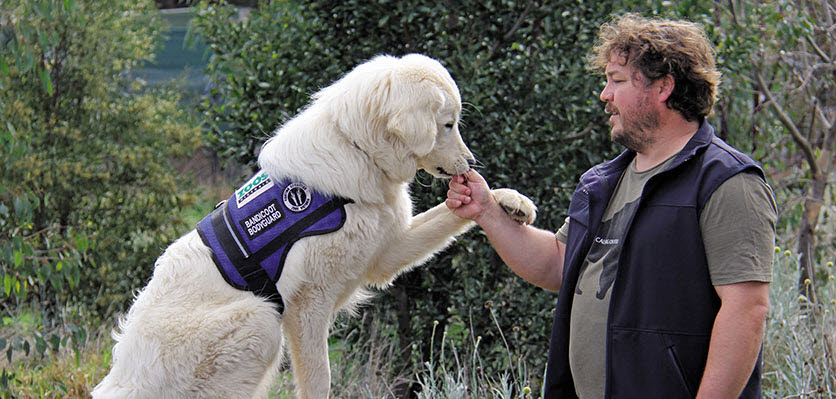
When looking for a new puppy or dog, you might have heard puppy pre-school or dog obedience school mentioned. Dog training is an important part of owning a dog in modern society, as we expect a certain level of behaviour from dogs in the community.
Although all dogs come with certain behaviours ‘built-in’ as a result of their evolution as a species, we can draw out desirable behaviours and diminish undesirable behaviours through training. Part of becoming a ‘good canine citizen’, dog training and puppy pre-school is essential for teaching your dog to fit into our human world. Not all training is equal however, and some training techniques can be harmful to our pets. Read on for more information about why training your dog is so important and how to pick a good dog trainer.
Puppy pre-school
Between the ages of 3 and 17 weeks of age, puppies experience a peak socialisation or learning period. During this time, they are open to new things, aren’t afraid of strange objects and are the most receptive to training techniques.
For this reason, puppy pre-school is important for all dogs. Most veterinary clinics offer puppy pre-school in-house or are happy to refer you to a dog trainer who conducts these classes. During these classes, dogs will be exposed to basic commands and training techniques, be taught essential life skills like patience and will get to spend time socialising with their peers in a controlled environment.
Social skills are just as important for dogs as they are for people, so teaching your puppy how to be a good canine citizen early on will help set them up for life.
Dog training and obedience school
Once your puppy has graduated from puppy pre-school, the learning doesn’t stop there. You can continue training your dog yourself using reward-based methods, to ensure your dog has mastered key behaviours like stop, sit and come. Never train your dog using punishment-based techniques such as electric shock collars, corrections with choke chains or yelling/hitting your dog.
Not only are these techniques less effective than reward-based techniques that use treats or toys to reward good behaviours, but they can erode your dog’s confidence and damage your bond with them.
There are growing numbers of reward-based trainers offering training and obedience classes. Many of these trainers have undergone extra training such as Delta certification and work closely with veterinary clinics. Ask your local veterinarian if they can refer you to a reward-based trainer today. Ideally, you should train your dog regularly, even once they are adults and have mastered the basic behaviours. This is because training with rewards is a positive activity that most dogs enjoy, and it allows them to use their brains and keep mentally stimulated. Additionally, spending time training your dog will strengthen your bond with your pet.
